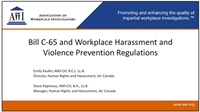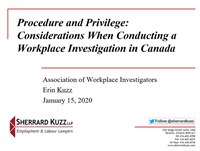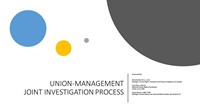Promoting and enhancing the quality of impartial workplace investigations.™

Credit available - Click Here for more information

Credit available - Click Here for more information

Credit available - Click Here for more information

Credit available - Click Here for more information


Credit available - Click Here for more information




Please wait ...